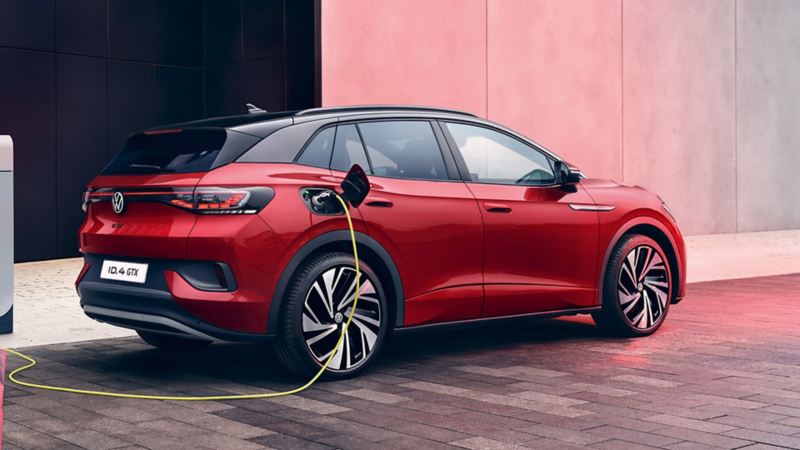Only a few days ago, BMW announced they’ll work with Toyota and introduce hydrogen cars in a few years!

BMW has been talking about hydrogen power for years, and now it’s finally committed to putting a fuel-cell vehicle on sale. The German automaker says it’ll deliver its first FCEV in 2028, and it’ll do it by joining forces with Toyota.

And given that it’s worked so hard to promote its iX5 Hydrogen test fleet over the past few years, it seems logical that the X5 will be the first to get the tech. But if it is, it won’t be the current X5, which is due for replacement in the next couple of years, but that SUV’s replacement.
We’ve already seen spy shots of the next X5, intel suggesting it uses an updated version of today’s CLAR platform rather than the next-generation Neue Klasse hardware BMW will introduce on the iX3 and 3-Series in 2025 and 2026.
But should we consider Hydrogen cars? Here’s some reasons why we should..
1. Zero Emissions
One of the most compelling reasons to consider hydrogen cars is their environmental impact. Unlike fossil fuel-powered vehicles, hydrogen cars produce no harmful tailpipe emissions. This means they contribute significantly less to air pollution and greenhouse gas emissions, helping to mitigate climate change.
2. Long Range and Fast Refueling
Hydrogen cars offer impressive range capabilities, comparable to traditional gasoline cars. This means you can drive long distances without worrying about running out of fuel. Additionally, refueling a hydrogen car takes only a few minutes, similar to filling up with gasoline. This makes hydrogen cars a convenient option for daily commuting and long-distance travel.
3. Energy Efficiency
Hydrogen fuel cells are highly efficient, converting chemical energy into electrical energy with minimal losses. This translates to better fuel economy compared to many gasoline and diesel cars. As a result, hydrogen cars can travel further on a given amount of fuel, reducing your overall energy consumption.
4. Fuel Cell Technology Advancement
Fuel cell technology is rapidly evolving, with ongoing research and development leading to improvements in efficiency, durability, and cost-effectiveness. As these advancements continue, hydrogen cars are likely to become even more attractive and competitive in the automotive market.
5. Supporting a Hydrogen Economy
Investing in hydrogen cars can contribute to the development of a hydrogen economy. By increasing demand for hydrogen fuel, we can stimulate the growth of hydrogen production and distribution infrastructure. This, in turn, can lead to lower hydrogen costs and greater accessibility, making hydrogen cars a more viable option for consumers.
While hydrogen cars offer numerous advantages, it’s important to note that there are still challenges to overcome, such as the need for a robust hydrogen fueling infrastructure and the potential for hydrogen leaks. However, with continued research, development, and government support, hydrogen cars could play a significant role in transitioning to a cleaner and more sustainable transportation future.

















